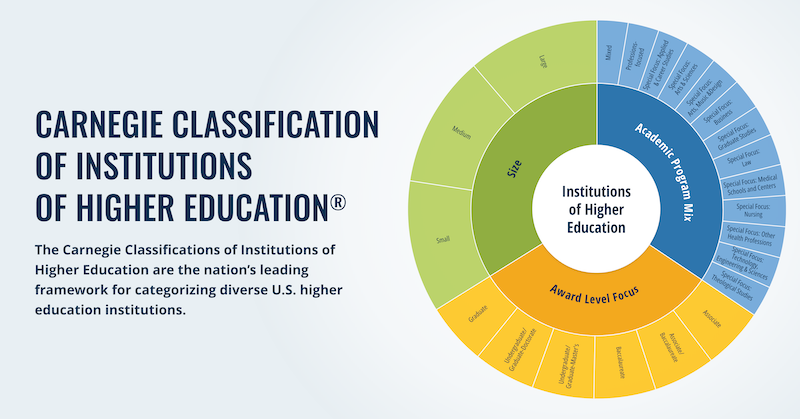Mathematics and Democracy and What We Know
LESSONS LEARNED FROM MATHEMATICS AND DEMOCRACY
“Indeed, as the twenty-first century unfolds, quantitative literacy will come to be seen not just as a minor variation in the way we functioned in the twentieth century but as a radically transformative vantage point from which to view education, policy, and work.”
Mathematics and Democracy (2001)
At a recent meeting of Carnegie partners and staff involved in the community college developmental mathematics initiative, we invited Bernard Madison, among others, to provide us with some insight into the current thinking around quantitative literacy (QL). Madison is a mathematician and mathematics educator with extensive experience in research, teaching, curriculum reform, university administration and science policy. He is at the University of Arkansas and currently his work in QL and teacher education is supported by grants from the National Science Foundation. In advance of his visit, Madison directed us to reading material that included an article written with Lynn Arthur Steen of St. Olaf College, Reflections on the Tenth Anniversary of Mathematics and Democracy, published by the electronic journal of the National Numeracy Network, Numeracy: Advancing Education in Quantitative Literacy.
In the introduction, Steen explains that when the Woodrow Wilson Fellowship Foundation- sponsored report, Mathematics and Democracy (M&D), was released in 2001, it became clear that “numeracy mattered for citizenship as much as for science; that effective strategies for analyzing problems were very similar across different contextual domains, and that civic rationale for quantitative literacy was both more urgent and more compelling than scientific ones.” One editor wrote that the publication made QL respectable. Yet, the authors note that there still remains a major shortcoming in most mathematics education: the lack of connections to commonplace issues.
The article and an accompanying piece, Quantitative Reasoning in the Contemporary World, 1: The Course and It’s Challenges, by Madison and fellow Arkansas professor Shannon Dingman, look at the success of the News Math course at UA and find the course has a radical impact on students, not the least of which is the shift in the students’ views “regarding the relevance of the mathematics in their everyday life.”
This shift is an important one to Carnegie as we look at student persistence and attempt to address a significant factor that leads to disengagement and lack of motivation to persevere in math classes for many developmental students: that the students find the current developmental math course content irrelevant, dull and boring.
UNLOCKING THE GATE
MDRC just released a literature review by Elizabeth Zachry Rutschow and Emily Schneider, Unlocking the Gate: What We Know About Improving Developmental Education. The authors write in the overview: One of the greatest challenges that community colleges face in their efforts to increase graduation rates is improving the success of students in their developmental, or remedial, education programs — the courses that students without adequate academic preparation must take before they can enroll in courses for college credit. Emphasizing results from experimental and quasi-experimental studies, this literature review identifies the most promising approaches for revising the structure, curriculum, or delivery of developmental education and suggests areas for future innovations in developmental education practice and research. This analysis focuses on four different types of interventions for improving students’ progress through remedial education and into college-level courses, including (1) strategies that help students avoid developmental education by shoring up their skills before they enter college; (2) interventions that accelerate students’ progress through developmental education by shortening the timing or content of their courses; (3) programs that provide contextualized basic skills together with occupational or college-content coursework; and (4) programs that enhance the supports for developmental-level learners, such as advising or tutoring.
July 1, 2011
New National Commission To Help Reshape the Future of Community Colleges Association Leader Says Effort Will Address Hard Choices, Embrace Innovation WASHINGTON, D.C. – For only the third time in their 110-year history, community colleges are preparing to take a holistic look at their broad and continuously evolving mission with…
September 29, 2011
Why do some college students persist while others don’t? David Levin asked this question about the alumni of the Knowledge is Power Program (KIPP)—a network of urban charter schools. Instead of focusing on students’ test scores or college professors’ instructional styles, he found something different. Students who were successful “were…






